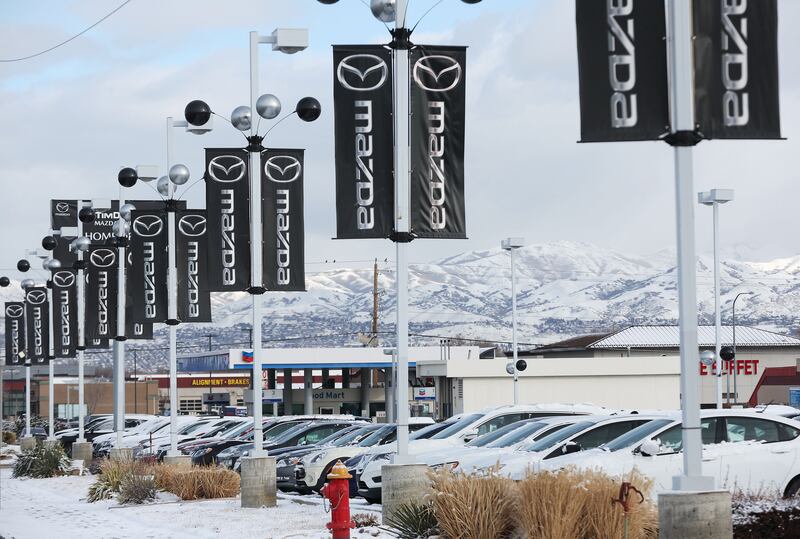U.S. consumers are proving they have money to spend. According to a report by the Commerce Department last Friday, personal spending rose 1.8% in the month of January.
This spending seemed unexpected because the United States’ inflation rate remains high. If this weren’t the case, consumer spending would be welcomed by an economy that heavily depends on consumer spending. However, spending too much could cause inflation rates to increase and the Federal Reserve would have to increase interest rates to keep prices stable, experts say.
An NPR article said, “A drop in consumer spending would help to cool inflation, but it would also raise concerns about a recession. On the other hand, if spending continues to grow at this pace, it could force the Fed to raise interest rates even more aggressively to bring prices under control.”
The U.S. Bureau of Labor Statistics reported that there has been an increase in job growth, as well as rising income per household. This extra change in Americans’ pockets is a primary factor in the increase of spending last month. People also have money saved from their time stuck at home during quarantine. At the time, people were saving money due to limited traveling, as well as receiving government stimulus payments.
Wells Fargo economists said they believe “households to still have about 10 months of spending power if they continue to deplete excess savings at the pace they have over the past six months.”
The increase in spending for the month of January increased in spending of goods as well as services. Many people are making up for travel time they lost during the pandemic.
Steve Hill, CEO of the Las Vegas Convention and Visitors Authority, said he thinks people are realizing what they were missing during COVID-19. “I think it has driven a real energy around getting back to experiences. And we see, and I’m sure you do as well in the numbers, a shift from buying stuff to buying experiences,” Hill said.
Many companies are realizing that not everybody saved a lot of cash and that spending may decrease as the year goes on. Big consumer companies like Walmart are expecting consumers to spend money only on essentials this year as inflation remains high.
At the end of January, the Federal Reserve increased its interest rates by a quarter percentage point. As a response to the question of an additional increase in interest rates throughout the year, officials said “they would determine the ‘extent’ of future rate increases based on factors such as the effects so far of the rate hikes, the lags in which policy has an impact and developments in financial conditions and the economy.”
The Fed is increasing interest rates, hoping to decrease government spending in order to slow inflation, sources say.


